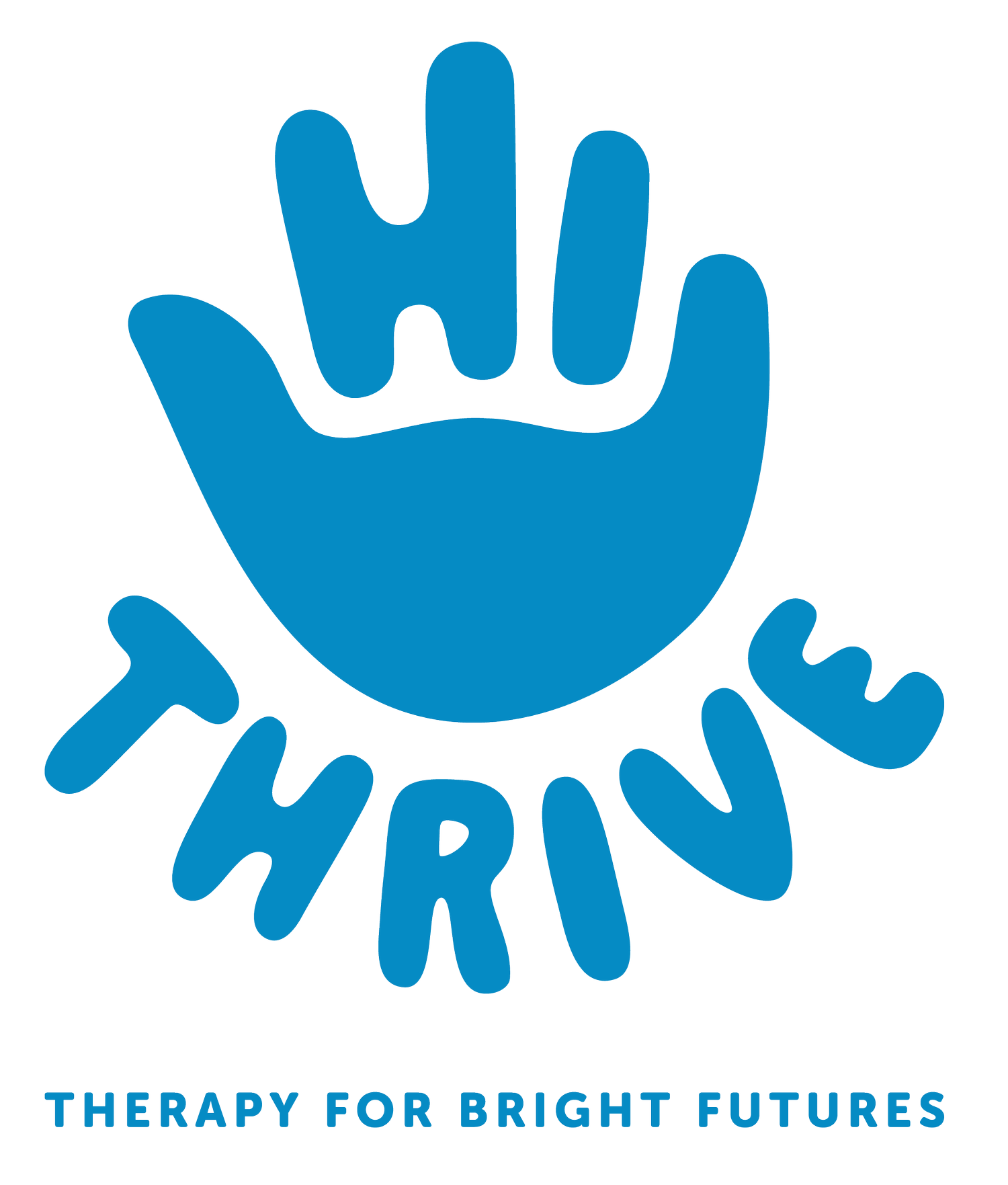
Supporting Autistic Teens Through the Mental Health Maze: A Parent’s Guide
Adolescence is demanding for any young person. School expectations increase, social dynamics become more complex, bodies change rapidly, and independence is expected before it always feels achievable. For autistic teenagers, these pressures often stack higher and faster.
Mental health difficulties during the teen years are not caused by autism itself. They usually arise from a mismatch between the teen and their environment. Constant sensory input, unspoken social rules, academic pressure, and the expectation to appear “typical” can lead to chronic stress and exhaustion.

Why So Many Autistic Girls Are Missed — and How We Can Help Them Thrive
we meet many families who say, “We always knew something was different — but it took years for anyone to listen.”
This is an all-too-common story for autistic girls.
Why Autistic girls are often missed
Autistic girls are just as likely to exist as autistic boys — but they’re diagnosed much later on average. That’s because the “typical” picture of autism was built around boys. The result? Many girls fly under the radar for years.

Choosing Toys That Truly Support Language Development
As the holiday season approaches, the toy ads start shouting at us from every direction: “This gadget will boost your child’s brainpower!” It’s tempting to believe that the louder, flashier, more high-tech a toy is, the better it must be for learning. But research actually suggests the opposite—especially when it comes to supporting children’s language.
For families of neurodivergent children, the pressure to buy the “right” toy can feel even heavier. But the truth is, the best support for your child’s communication doesn’t come from something that lights up or talks back. It comes from you—the person who joins in their play, follows their lead, and responds to their ideas.

Why Home-Based Therapy Works Best for Kids (According to the Research)
We believe that therapy should meet children where they feel safest and most themselves — at home, at school, at kinder, or in their community. It’s not just a nice idea. The evidence is clear: children learn best in the environments where they live, play, and connect.
Here’s what the research says about why therapy in natural settings (like your home or your child’s kinder) is not just convenient — it’s actually best practice.

Do You Need a Diagnosis to Access the NDIS in 2025? Not Always.
Let’s bust a big, messy myth right up front:
You do not need a formal diagnosis to access the NDIS.
Not always. Not even most of the time.
But (and this is a frustrating but): the system still often behaves as if you do. And that’s where so many families get stuck, misinformed, and left out.
We’re here to clear the air — with warmth, honesty, and zero legal jargon.
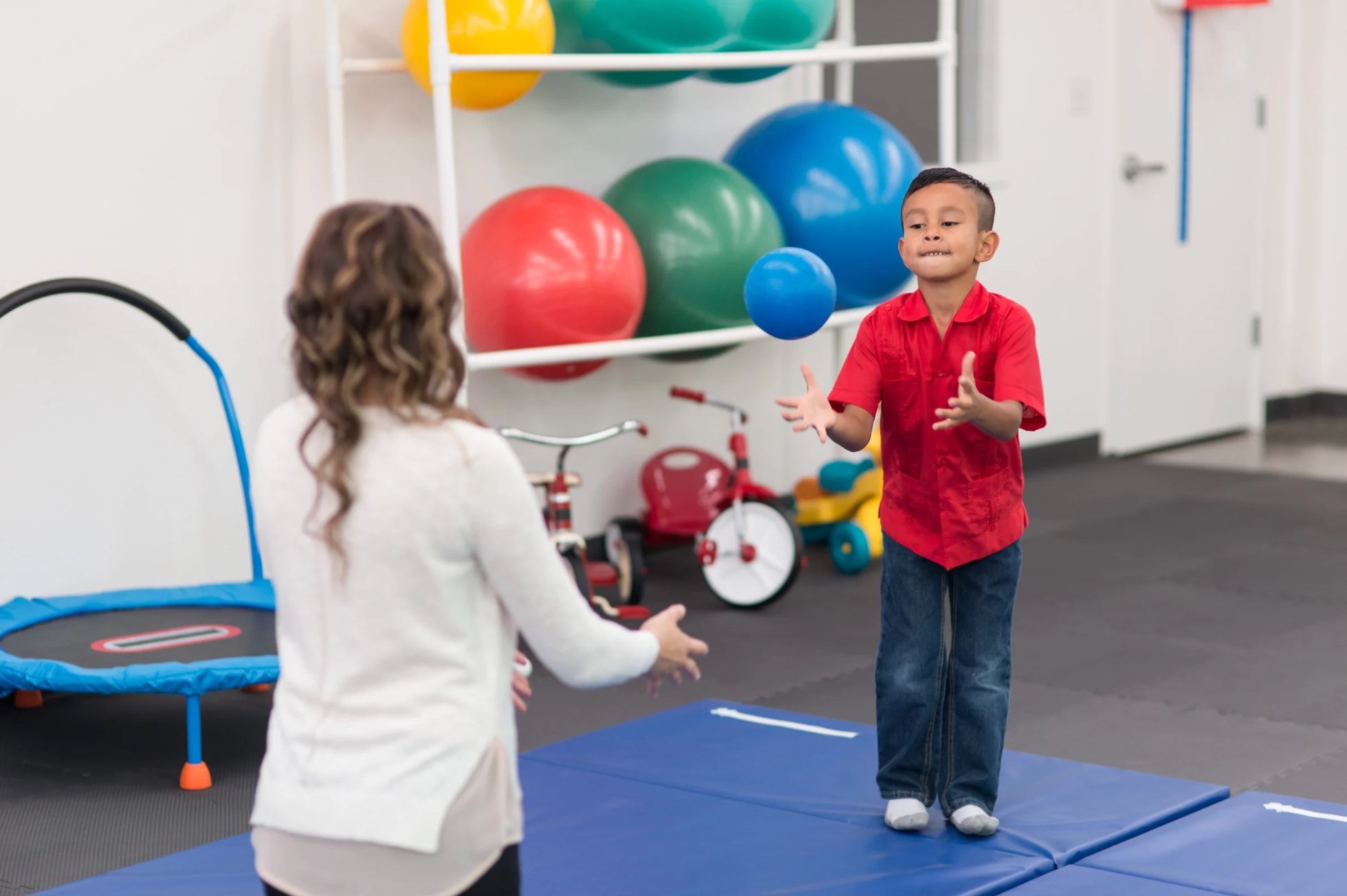
Functional Capacity Assessments (FCA): What Parents Need to Know
If you're navigating the world of the NDIS and wondering what a Functional Capacity Assessment (FCA) actually is — and whether your child really needs one — you're not alone. At Hi Thrive, we support families like yours every day, and we know how confusing and frustrating this part can feel.
So here’s a clear, parent-friendly breakdown to help you feel more confident and informed.
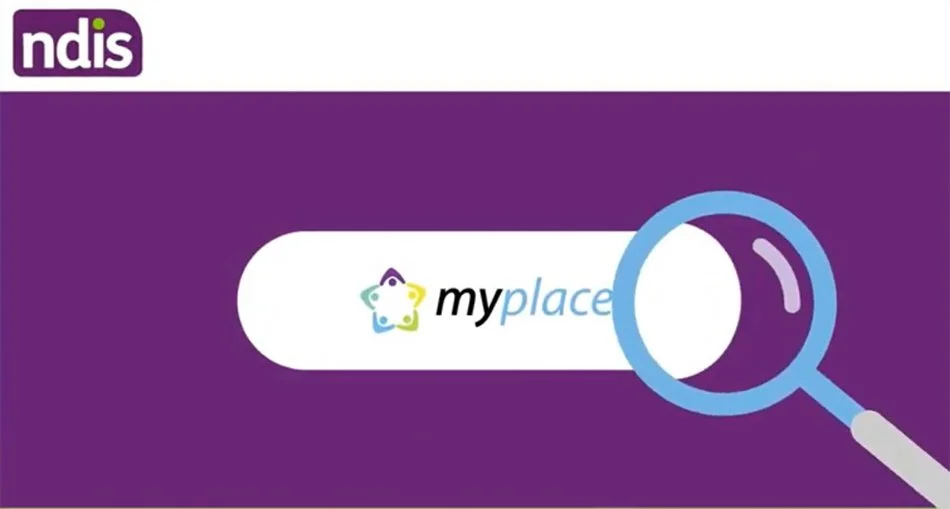
How to Download Your NDIS Plan from the MyGov Portal
How to Download Your NDIS Plan from MyGov: A Step-by-Step Guide
At Hi Thrive, we’re often asked: “How do I get a copy of my child’s NDIS plan?” It’s a common question—and an important one. Having access to your plan allows you to clearly understand your child’s funding, goals, and plan review date, all of which are essential for tailoring supports effectively.
Although NDIS plans aren’t automatically emailed to you, downloading one is simple once you know where to look. Here’s how to access it through the MyGov portal.

Upcoming Changes to NDIS Plans: What Parents Need to Know About Section 33
From 19 May 2025, all new NDIS plans issued through the PACE system will reflect changes to Section 33 of the NDIS Act. While this may seem like a procedural or policy update, these changes will directly impact how funding is structured, released, and utilised—particularly for families accessing occupational therapy, speech pathology, and other allied health supports.
This article outlines what’s changing, how it may affect your child’s access to therapy, and how you can prepare ahead of your next planning meeting.

5 Questions to Ask When Choosing a School for Your Neurodivergent Child
If you're the parent or carer of a neurodivergent child — whether they're autistic, ADHD, PDA, or simply beautifully wired in their own way — choosing a school can feel like stepping into a job interview you didn’t ask for.
Will this place truly see and support my child — or just try to make them fit in?

The Hidden Superpower That Helps Kids Regulate Their Emotions
When kids feel overwhelmed, anxious, fidgety, or flat, one of the most effective ways to help them regulate is through proprioceptive input — the sensory feedback our muscles and joints get when we push, pull, squeeze, or move with effort. Think of it as the body’s internal GPS: it tells us where we are in space, how we’re moving, and how much force we’re using.
Activities like jumping, climbing, pushing heavy objects, or giving firm hugs can help calm the nervous system and bring kids back to their bodies. But one often-overlooked form of proprioception is breathing — particularly slow, deep, controlled breathing.

Understanding School Refusal: A Neurodiversity-Affirming Approach
School refusal is often more than reluctance—it can be a sign that a child’s needs aren’t being met in their learning environment. Rather than focusing solely on attendance, it’s important to understand the underlying sensory, emotional, or social factors contributing to a child’s distress. In this article, we explore how paediatric occupational therapists work collaboratively with families and schools to identify these needs and implement tailored supports. By creating safer, more responsive environments, children can gradually build the confidence and regulation skills needed to re-engage with learning and daily school routines.

Supporting Autistic Children Through Meltdowns: A Practical, Trauma-Informed Approach
Meltdowns in autistic children are not behavioural problems—they’re neurological responses to overwhelm. This blog explores how parents and caregivers can support children using the NEST approach, a trauma-informed and neurodiversity-affirming framework used by occupational therapists to promote safety, emotional regulation, and long-term wellbeing.
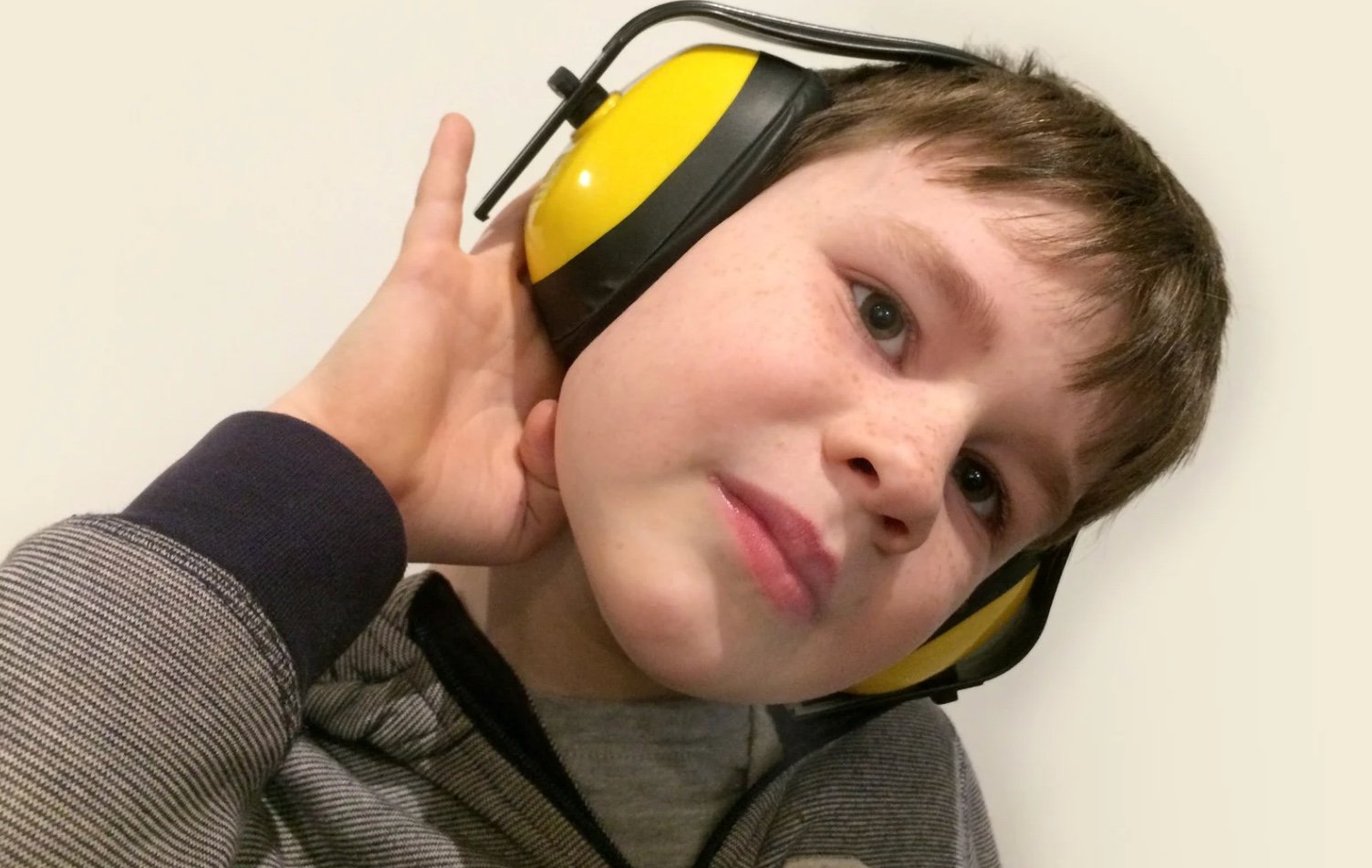
Understanding Echolalia: What It Is, Why It Happens, and How Speech Pathologists Can Help
Echolalia is a common and meaningful part of language development in many children, particularly those who are autistic or neurodivergent. Understanding its function and supporting children in ways that are respectful, evidence-informed, and family-centred can help promote strong, functional communication.
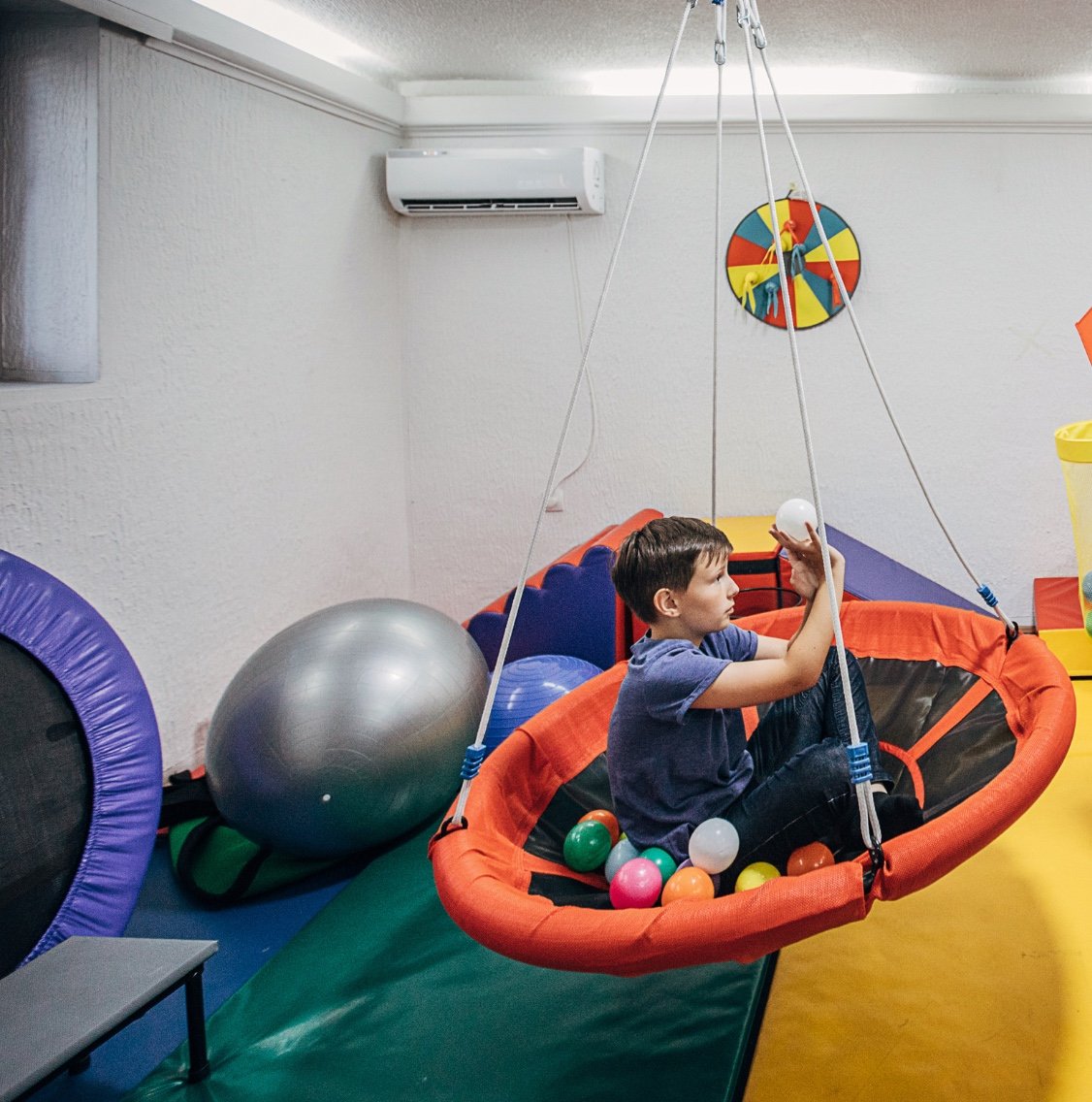
Understanding Interoception: The "Hidden Sense" That Impacts Everyday Life
Interoception, often called the "hidden sense," helps us recognise internal body signals like hunger, thirst, and emotions, playing a crucial role in self-regulation. Children with autism, ADHD, or sensory processing challenges may experience interoceptive differences, leading to difficulty recognising or responding to their body’s needs. Some children may be hypersensitive to internal signals, feeling hunger or a racing heart as overwhelming, while others may be hyposensitive, missing cues for thirst, pain, or bathroom needs. By using targeted strategies such as interoceptive language, body mapping, and mindfulness, therapists and parents can help children strengthen their awareness and improve their ability to self-regulate.
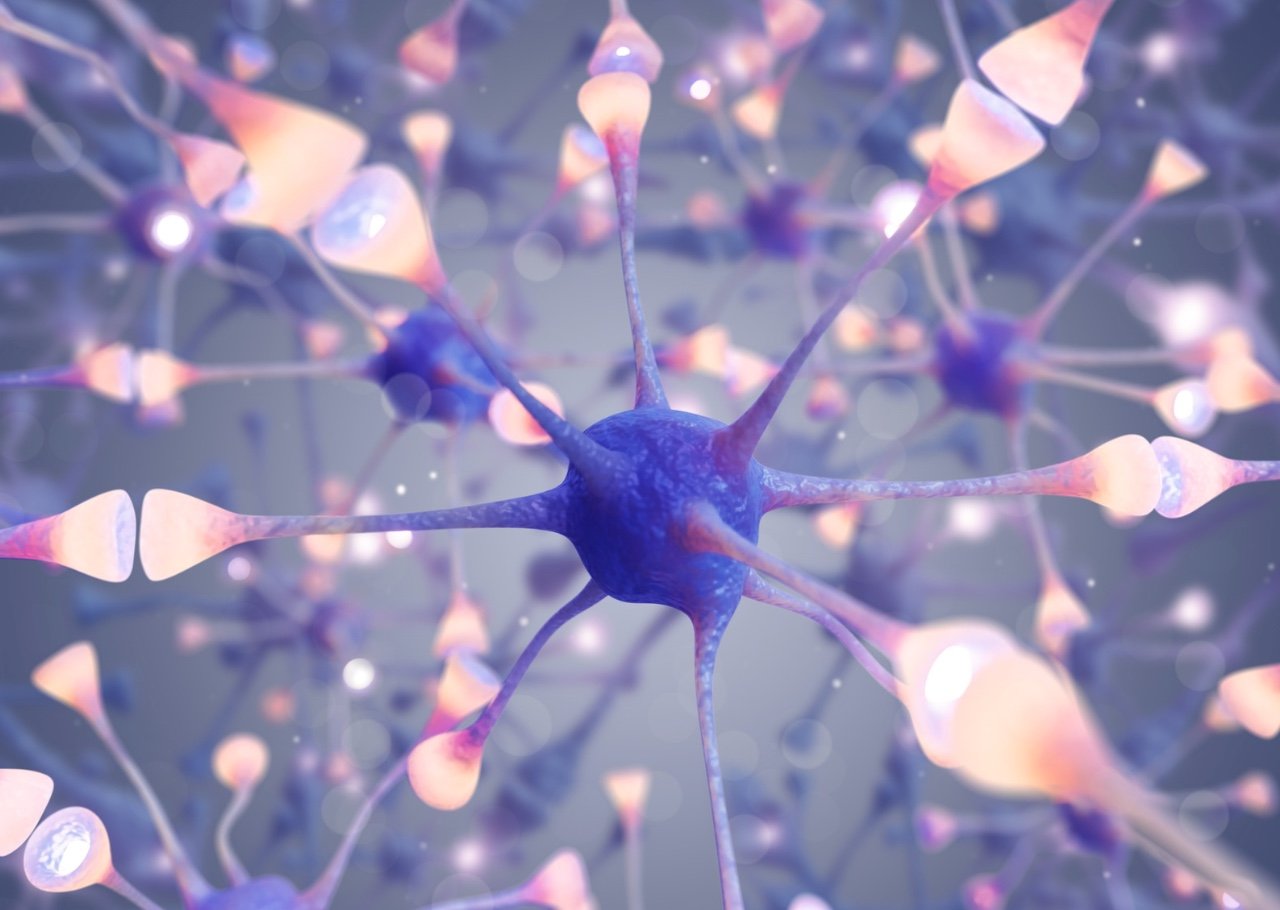
Why Does My Child Get Overwhelmed by Small Changes?
Some children, especially those with autism or ADHD, experience heightened sensitivity to change due to differences in brain development, particularly in a process called synaptic pruning. Typically, the brain refines its neural connections over time, removing unnecessary ones to improve efficiency, but in neurodivergent children, this process may be less active, leading to an overload of sensory information. As a result, minor changes in routine can feel overwhelming, triggering strong emotional responses like meltdowns or rigidity. Understanding these neurological differences allows parents and educators to approach children’s reactions with empathy and implement supportive strategies, such as structured routines and predictable environments, to help them feel more secure.

Understanding Sensory Regulation in Children: Insights from Research and Practical Strategies
Sensory regulation plays a crucial role in how children navigate their world, influencing their ability to stay calm, focus, and engage in everyday activities. When a child struggles with sensory processing—whether they are hypersensitive to stimuli like noise and textures or seek intense sensory input through movement—it can affect their emotional regulation and participation in daily routines. Research suggests that these challenges, particularly in children with Autism Spectrum Disorder, stem from differences in brain connectivity, neural pruning, and sensory pathway development. By implementing tailored strategies, such as occupational therapy, sensory-friendly environments, and structured sensory breaks, we can help children feel more secure, regulated, and ready to learn.

What does it mean to be neurodiversity affirming?
Neurodivergent children, for example those with ADHD or autism, have a brain structure and chemistry that is fundamentally different from typical brains (or neurotypical brains). Navigating the healthcare system for a neurodivergent child, whether they are autistic, have ADHD, or face specific learning differences, can be challenging. Often, traditional assessments and therapies are designed to "correct" neurodivergent traits, focusing on perceived deficits rather than celebrating the child's unique strengths.
At Hi Thrive, we are committed to a neurodiversity-affirming approach.

What is Gestalt Language Processing?
Language acquisition is how children learn and use new words. There are two main types: analytic and gestalt. Analytic language processing starts with single words and builds up to phrases and sentences, whereas gestalt tends to do the opposite. If you’re wondering why your child’s language is delayed or not following the typical norms, gestalt language processing may well be the reason why.

Understanding Developmental Language Disorder (DLD)
Developmental Language Disorder (DLD) is a common but often misunderstood condition that affects the way children acquire language skills. Despite its prevalence, awareness about DLD remains relatively low, making it crucial to shed light on what it is, how it impacts children, and what can be done to support those affected. Receiving tailored therapeutic support early on is vital for these children who often slip through the cracks in our system.

Teaching First Words: Early Language Strategies
Language development in early childhood is crucial for a child's overall cognitive, social, and emotional growth. Early intervention strategies can greatly enhance this developmental journey. Here are some effective techniques to encourage language development in young children: When in doubt- stop asking your child questions and start modelling the language yourself!
